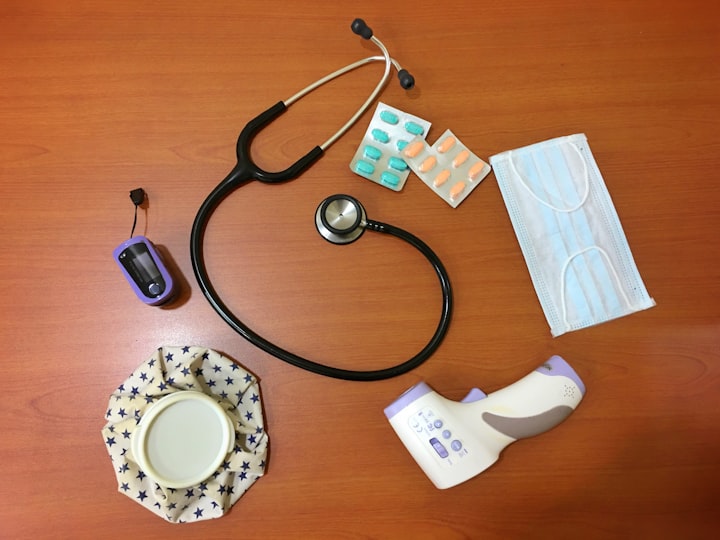Top 10 Tips for Mental Health and Self-Care
Mental Health Tips

Mental health is an integral part of our overall well-being, and taking care of it should be a top priority for everyone. Mental health includes emotional, psychological, and social well-being, and it affects how we think, feel, and act. A healthy mind helps us cope with daily stressors, maintain healthy relationships, and make good decisions. Here are some mental health and self-care tips that can help you achieve optimal well-being:
01. Practice mindfulness
Mindfulness involves being present in the moment and paying attention to your thoughts, feelings, and surroundings without judgment. Practicing mindfulness can help reduce stress, improve emotional regulation, and increase feelings of well-being. Try incorporating mindfulness techniques into your daily routine, such as meditation, deep breathing exercises, or yoga.
02. Get enough sleep
Sleep is essential for mental and physical health. Aim to get seven to eight hours of quality sleep each night to help improve your mood, increase cognitive function, and reduce stress levels. Establish a consistent sleep routine by going to bed and waking up at the same time every day, avoiding electronics before bedtime, and creating a comfortable sleep environment.
03. Exercise regularly
Physical activity has been shown to have numerous mental health benefits, including reducing symptoms of anxiety and depression, improving self-esteem, and increasing feelings of happiness. Aim to exercise for at least 30 minutes a day, five days a week. Find an activity you enjoy, whether it’s running, yoga, or dancing, and make it a regular part of your routine.
04. Eat a balanced diet
A balanced diet rich in fruits, vegetables, whole grains, lean proteins, and healthy fats can help improve mental health. Nutrients such as omega-3 fatty acids, magnesium, and vitamin D have been linked to reduced symptoms of depression and anxiety. Avoid processed foods, excessive caffeine, and alcohol, which can have negative effects on mental health.
05. Connect with others
Social connections are vital for good mental health. Make time for family and friends, join a club or organization, or volunteer in your community. Strong social support networks can help reduce stress, increase feelings of happiness, and provide a sense of belonging.
06. Set realistic goals
Setting and achieving goals can provide a sense of accomplishment and boost self-esteem. However, it’s important to set realistic goals that are attainable and meaningful. Break larger goals into smaller, more manageable steps, and celebrate your progress along the way.
07. Practice self-compassion
Self-compassion involves treating yourself with kindness, understanding, and acceptance. Be gentle with yourself when you make mistakes, and try to avoid self-criticism or negative self-talk. Instead, focus on your strengths and achievements and practice self-care activities that make you feel good.
08. Limit screen time
Excessive screen time, particularly on social media, has been linked to increased rates of anxiety and depression. Set boundaries on your screen time, particularly before bedtime, and try to engage in activities that don’t involve screens, such as reading, exercise, or spending time outdoors.
09. Seek professional help if needed
If you are struggling with your mental health, don’t hesitate to seek professional help. A mental health professional can help you develop coping strategies, identify and manage symptoms of mental illness, and improve your overall well-being.
10. Practice gratitude
Gratitude involves focusing on the positive aspects of your life and expressing appreciation for them. Practicing gratitude can help increase feelings of happiness, reduce stress, and improve overall well-being. Try keeping a gratitude journal, writing down three things you are grateful for each day, or expressing gratitude to others.
In conclusion, taking care of your mental health is essential for optimal well-being. Practicing mindfulness, getting enough sleep, exercising regularly, eating a balanced diet, connecting with othersas well as setting realistic goals, practicing self-compassion, limiting screen time, seeking professional help if needed, and practicing gratitude are all important ways to support your mental health. It's important to remember that taking care of your mental health is not a one-time event but rather a continuous process that requires consistent effort and attention. By incorporating these tips into your daily routine, you can support your mental health and live a more fulfilling life. Remember, you deserve to prioritize your mental health and well-being





Comments
There are no comments for this story
Be the first to respond and start the conversation.